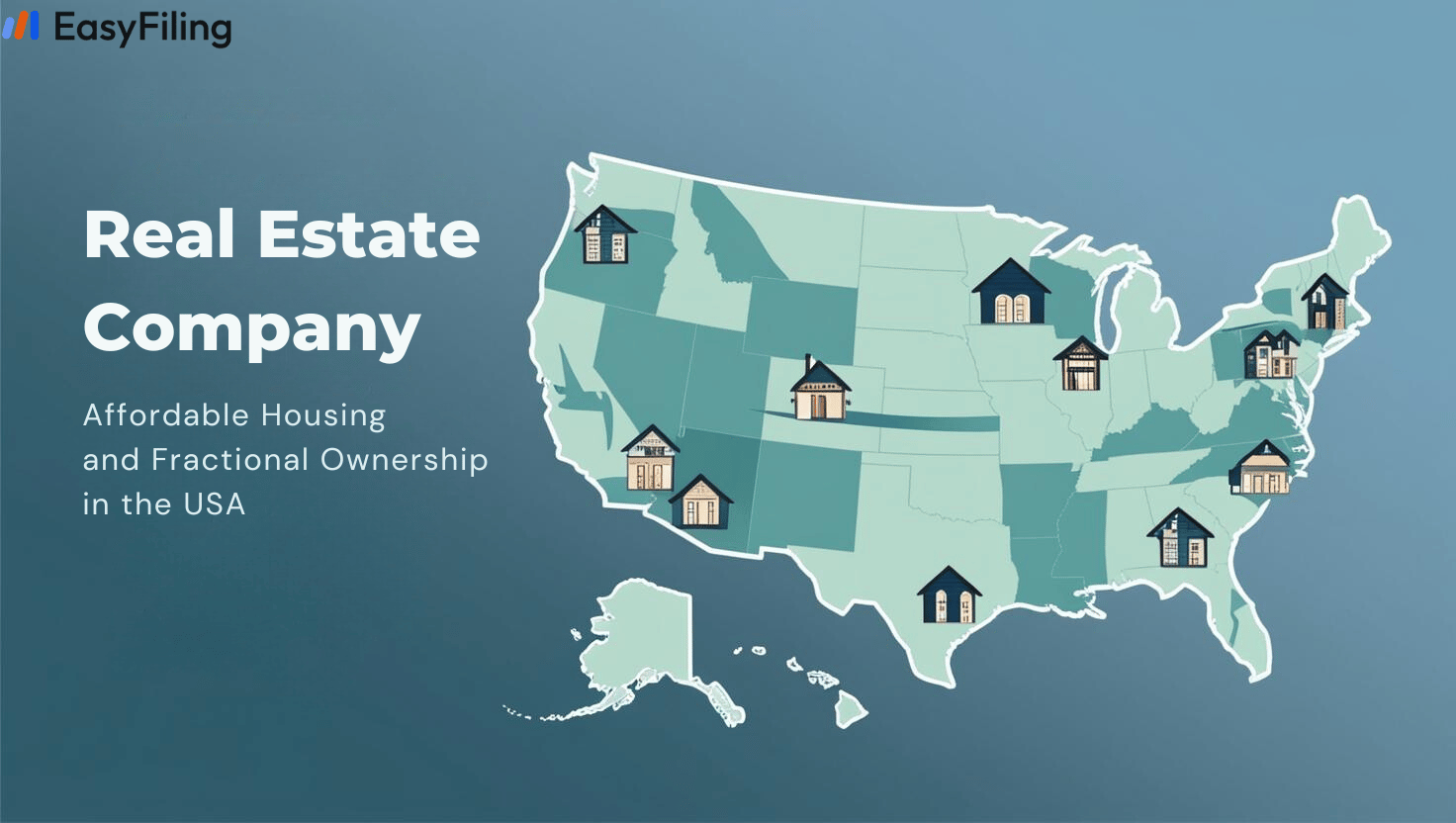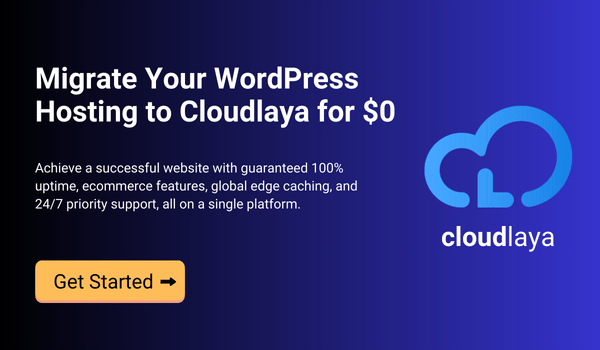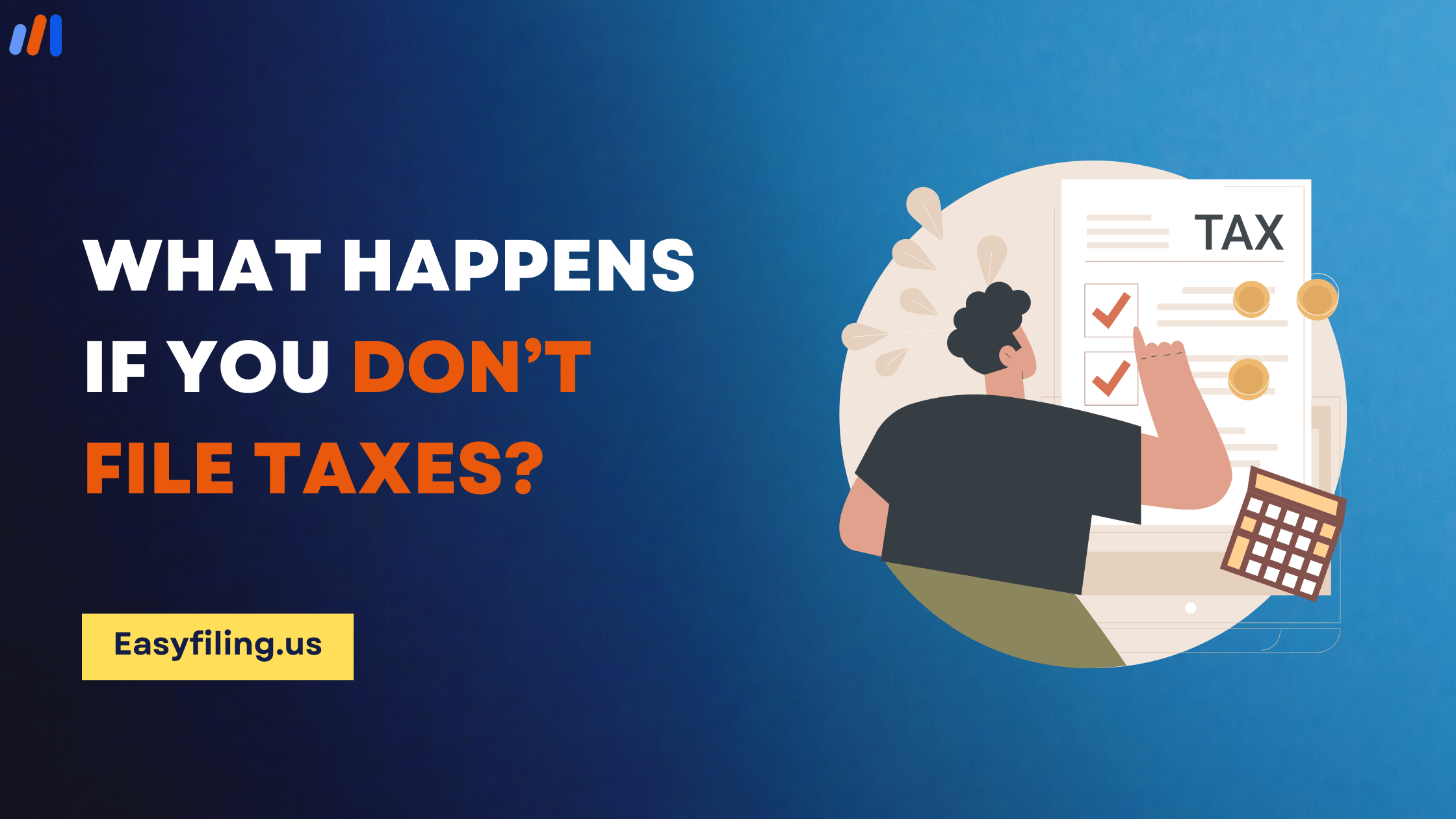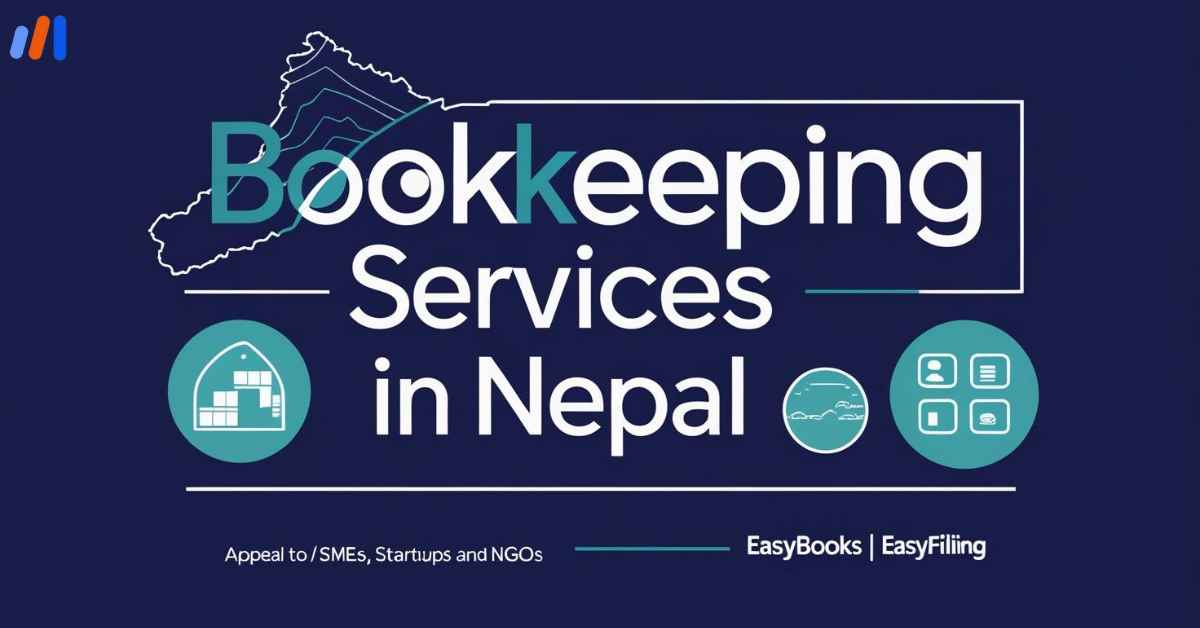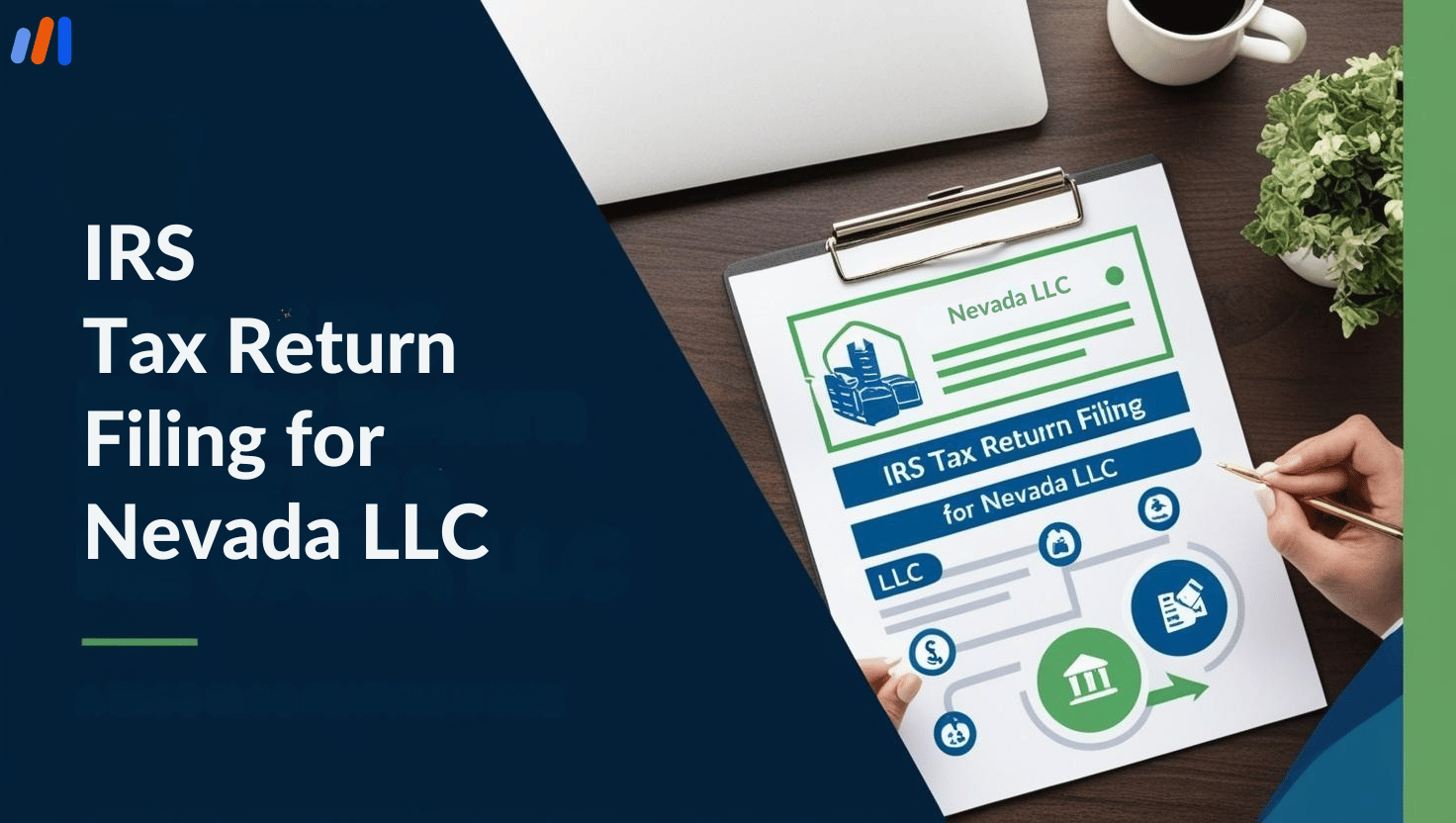With countless opportunities available for entrepreneurs, the real estate market in the United States remains one of the most diverse and active ever.
In such a market, the existence of demand, such as a need for affordable housing, interest in leisure facilities, recreation, and fractional ownership, is fascinating, contributing to the expansion of the industry.
These trends are in line with the direction of modern consumers’ requirements, capturing the opportunity to enable subject businesses to provide great, clean solutions to society.
This also plays into the importance of formulating a real estate-driven business in these gaps, as it would require careful consideration in terms of planning, execution, and compliance with necessary regulations.
It is important to note, that this is a field that is extremely competitive and would require using new-age technology and new concepts to operate in the market.
This guide will focus on how to start, operate, and grow a real estate business in the USA and I will provide practical and simple examples.
1. Company Formation
Choose a Business Structure
There are several options to choose from and therefore perspective forming a new business, it’s important to select the right business structure. Remember for example:
✅ Limited Liability Company (LLC): An LLC is a popular choice for real estate ventures due to its flexibility and liability protection. It shields personal assets from business liabilities while offering potential tax advantages.
✅ Corporation: In terms of large projects, raising capital is in conjunction with the selling of stocks, thus making the corporation, a handy structure to consider. On the negative side though, it comes with more complex compliance requirements and costlier administration.
✅ Partnership: In case you are working along with other members and want to undertake a joint venture, a partnership is a suitable form. But, remember that all of the personal assets are at stake unless it’s a limited liability partnership.
Register Your Business
- The name you select for your business has to be unique and in a way that it can market your ambitions in the field of real estate.
- Reserve the name in the state you are planning to set up your firm.
- Obtain the required number of licenses and permits including those relevant for sale, development, and usage of real estate.
Get an Employer Identification Number, or EIN.
When starting a business, acquiring an EIN from the Internal Revenue Service should be one of your foremost priorities. This will help you during taxation, when you want to open a business bank account, or when you decide to hire staff.
Set Up A Bank Account For Your Business
Keeping your personal and business finances separate is critical. A dedicated business bank account simplifies accounting, ensures financial transparency, and aids in tax reporting.
2. Land Acquisition
Identify Appropriate Locations
- Affordable housing and recreational facilities would be the first step of your property development project, so do some research to see where there is demand for such projects.
- Also, look at regions that have been zoned and regulated such that their use is compatible with your development interests.
- You should always keep in mind the distance to major cities, airports, and important facilities such as educational institutions, health care, and shops.
Funding Options
Get adequate funding by:
✅ Individual Investors: Make the proposal attractive for investors showing a good business opportunity with ROI.
✅ Bank Loans: Use normal funding to buy land and start construction as well.
✅ Crowdfunding: Raise capital through a large number of small investors on the Internet.
✅ Grants: Apply for government incentives and grants designated for affordable housing developments.
Conduct Due Diligence
Diligence is of utmost importance in this business, particularly in land purchase:
- Look out for environmental risk factors such as flooding, soil conditions, and endangered species.
- Check the availability of water, electricity, sewage systems, and others.
- Project the costs in development including land clearing, building, and utilities.
3. Development Strategy
Low-Cost Housing Scheme
- Design blocks of houses that are needed in the area and make them out of cheaper but energy-saving materials.
- Explore modular or prefabricated construction methods to reduce costs and expedite timelines.
- Follow local building and safety regulations.
Commercial Recreational Centers
- Develop spaces for recreation with an aim to build a community, such as gyms, gardens, sports areas, and culture centers of different activities.
- Include facilities such as cafes, fitness rooms, and showrooms for a wider crowd.
Fractional Ownership Model for Resorts
- Put in place a fractional model of ownership creating a situation whereby many owners become shareholders of a particular property. This gives them the privilege to use the property exclusively without incurring the total cost of owning it.
- Furthermore, derive more income by leasing the properties out when the owners are not using them.
4. Tokenization and Blockchain Integration
Asset-Backed Tokenization
- Form a new company that will handle the issues of tokenized property shares by issuing blockchain. Tokenization enables an investor in a fraction of ownership to hold a digital asset which makes it easier to sell and transfer.
- Holders of these tokens may sell them on digital platforms which would extend your reach to investors everywhere.
Regulatory Compliance
- Adhere to the laws and rules on securities and real estate in America when dealing with tokenized property.
- Seek the help of lawyers conversant with real estate transactions and cryptocurrencies in order to comply with the required laws.
5. Marketing Strategy
Highlight Unique Selling Points (USPs)
- Focus on the features of your work that make the project competitive, such as community structures, investment opportunities, and low cost.
- Display how a fractional ownership model can be straightforward.
Leverage Digital Platforms
- Create a credible investment site that includes the project profile, videos and pictures of the project, and where to invest.
- Use all forms of social media to reach potential investors and buyers around the world.
- Optimize content for search engines (SEO) to increase visibility in real estate and investment-related searches.
Engage with Influencers and Affiliates
- Involve important personas like online real estate agents, financial consultants, and local influencers to endorse the outreach.
6. Risk And Compliance Management Strategies
Financial and Legal Management
- It’s important to invite attorneys and accountants regularly to practice rules at all levels, local, state, or federal.
- Look into threat management by executing regular checks or audits.
Risk Management
- You need to maintain all-encompassing insurance covers like liability, property, and even title cover to make sure you are guarded against any unforeseen circumstances.
Conclusion
Particular focus on affordable housing, leisure centers, and the timeshare model of real estate business makes setting up of real estate company in the USA a win-win business model from profit earning as well as social impact perspective.
If you put together the right type of business model, purchase the appropriate land, develop good strategies combine them together with blocks, there is plenty of scope for growth in this very model.
Acquiring knowledge and help from skilled lawyers, financiers, and marketing experts will further make starting up faster and improve growth.
Such a combined model puts your firm in a great position to resolve housing issues and invite investments from around the globe with new and innovative perspectives in real estate leasing.
File Your LLC Today
25$ off with a coupon
Lock in EasyFiling's transparent rates and get lifetime compliance support at no extra cost.
Get Started Now